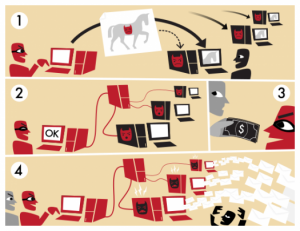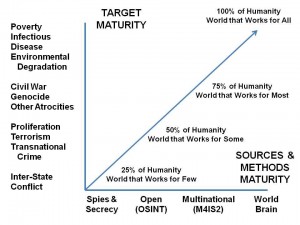
Mobile Technologies for Conflict Management: Online Dispute Resolution, Governance, Participation is the title of a new book edited by Marta Poblet. I recently met Marta in Vienna, Austria during the UN Expert Meeting on Croudsource Mapping organized by UN SPIDER. I'm excited that her book has just launched. The chapters are is divided into 3 sections: Disruptive Applications of Mobile Technologies; Towards a Mobile ODR; and Mobile Technologies: New Challenges for Governance, Privacy and Security.
The book includes chapters by several colleagues of mine like Mike Best on “Mobile Phones in Conflict Stressed Environments”, Ken Banks on “Appropriate Mobile Technologies,” Oscar Salazar and Jorge Soto on “How to Crowdsource Election Monitoring in 30 Days,” Jacok Korenblum and Bieta Andemariam on “How Souktel Uses SMS Technology to Empower and Aid in Conflict-Affected Communities,” and Emily Jacobi on “Burma: A Modern Anomaly.”
My colleagues Jessica Heinzelman, Rachel Brown and myself also contributed one of the chapters, “Mobile Technology, Crowdsourcing and Peace Mapping: New Theory and Applications for Conflict Management.”
Continue reading “Patrick Meier: Mobile Technology & Hybrid Governance”







